Hunt for Europe
Newsletter no. 4

The project is funded by the “ERASMUS +” programme and seven international partners: EnAIP Piemonte (Italy), LudusXR (Denmark), Die Berater (Austria), Wisamar (Germany), Centre 4 Education (Spain), Vardakeios School of Hermoupolis (Greece), and MTU (Ireland – Coordinator).
SPANISH STUDENTS AND TEACHERS WITH HFE 2.0
Our schools in Mallorca, Spain have tested the Hunt for Europe 2.0 platform and they have found in this version a new way to learn new languages (German, Spanish, Greek, Italian, Danish and English) and also the culture of each country. Teachers and students will be able to use both the platform and the multiplayer game in classes, which will be another incredibly fun and entertaining way of learning with students.
The Hunt for Europe 2.0 project offers you different languages to learn.
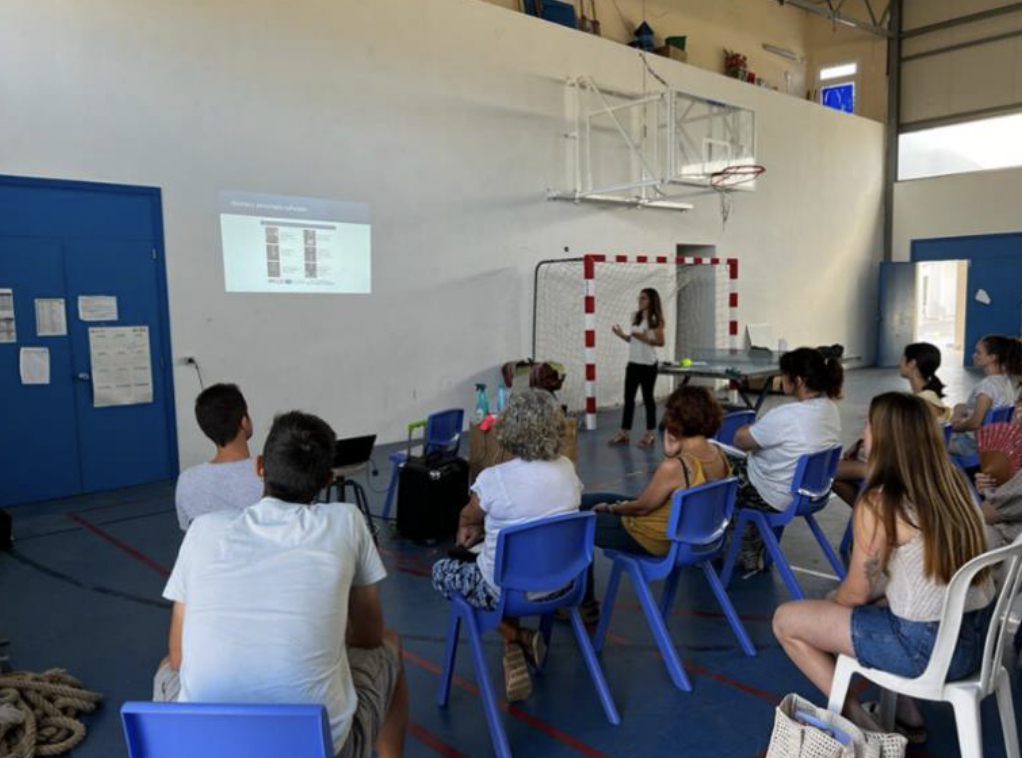
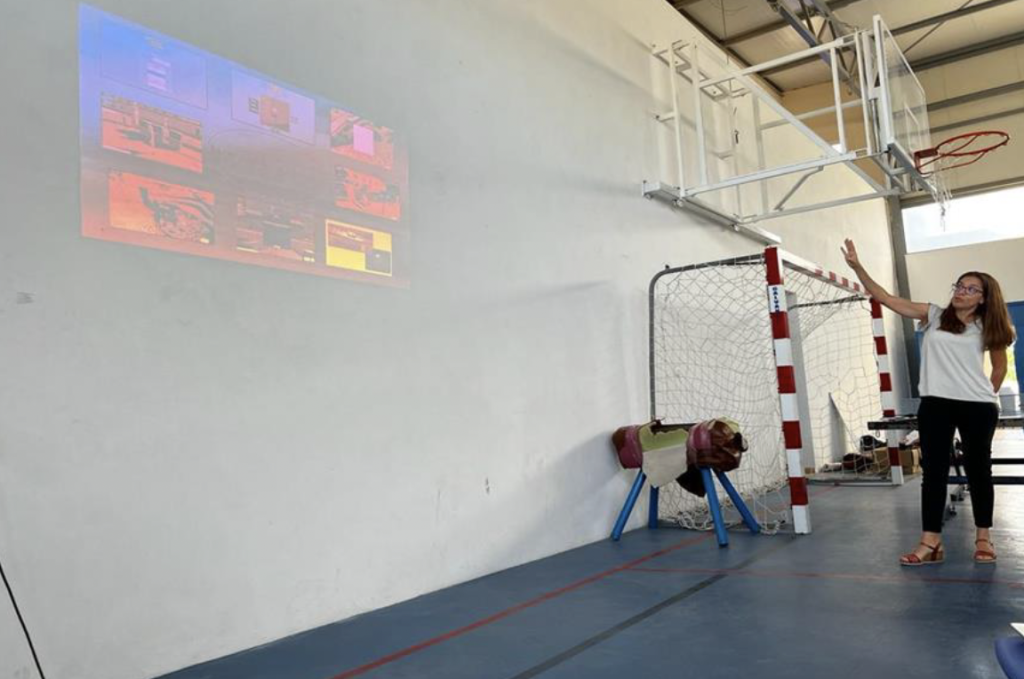
TESTING HFE 2.0 IN GREECE!
Twelve Vocational High School students from Portugal that are doing their internship in Syros attended the second Multiplier Event at Vardakeios School on the 9th of August. They had the chance to explore the HFE2 platform and to find out all the activities that can help them learn or improve one or more of the six languages that are offered (Greek, Spanish, German, English, Danish, Italian).
They also watched videos of the six locations of each environment where the Multiplayer game takes place and will be ready in September.
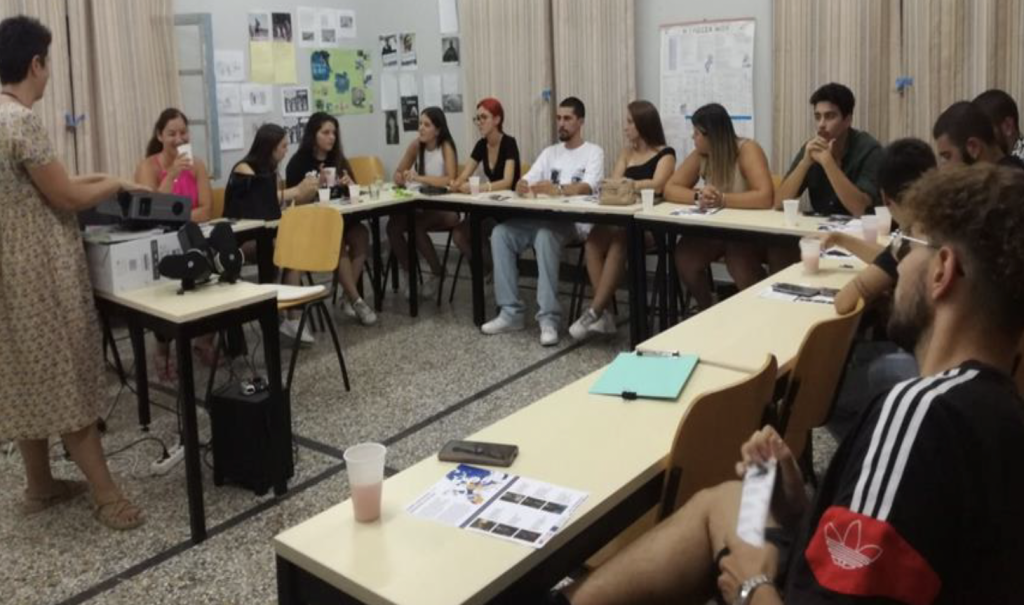
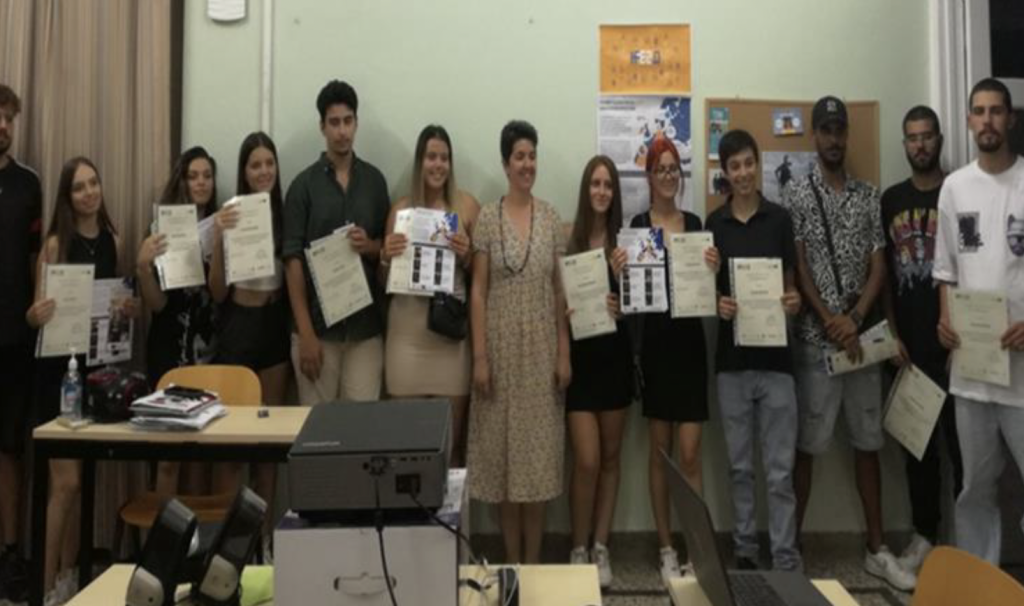
MULTIPLIER EVENTS IN GERMANY
In Germany, two Multiplier Events took place: one with language teachers for different foreign languages at a Leipzig grammar school as part of their preparatory conference for the new school year and another with language teachers tutoring German as a second language for adult learners, who currently have many young participants between 18 and 21 in their courses.
There was a lot of interest in the HfE products, as shown by the lively discussion about their possible use in the classroom. In particular, the teachers found the combination of “cultural learning” and language very attractive, because this is obviously not so easy to do in school. One teacher explained, “You can come up with so many cultural things, but you are still here, in Germany, with all your classmates around you. You can’t really block that out.”
Overall, the project’s focus on speaking was also very well received, as this is exactly what the students find most difficult. The language teachers who work in courses for German as a second language also explicitly emphasised the added value of an offer with which the learners can practise everyday situations in a playful way.
[Both pictures are from the event with the language teachers in adult education which took place on the 10th of September in Leipzig.]
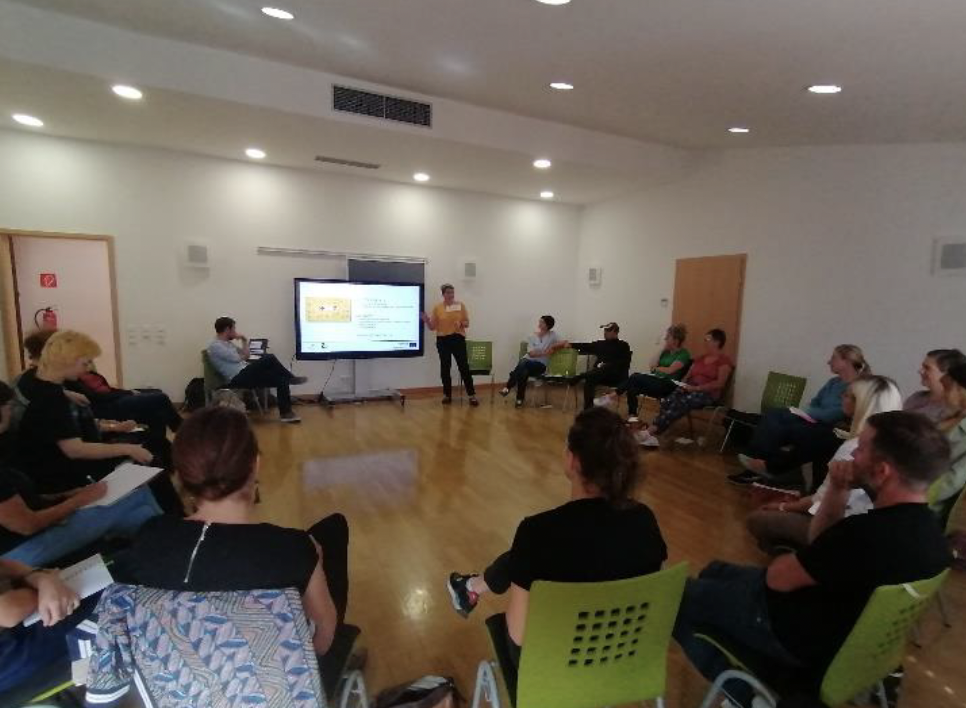

WORDS FROM THE IRISH TEAM
“We had over 30 students and two teachers from the Castleisland community college in Kerry who are in Transition Year. They visited MTU on the 19th of September and our Danish team thankfully provided an online demo of our game, and we had an Irish guest speaker who talked about other initiatives of online language learning with secondary schools in Ireland.
We received particularly good feedback and hopefully, students will use our game for their language learning.”
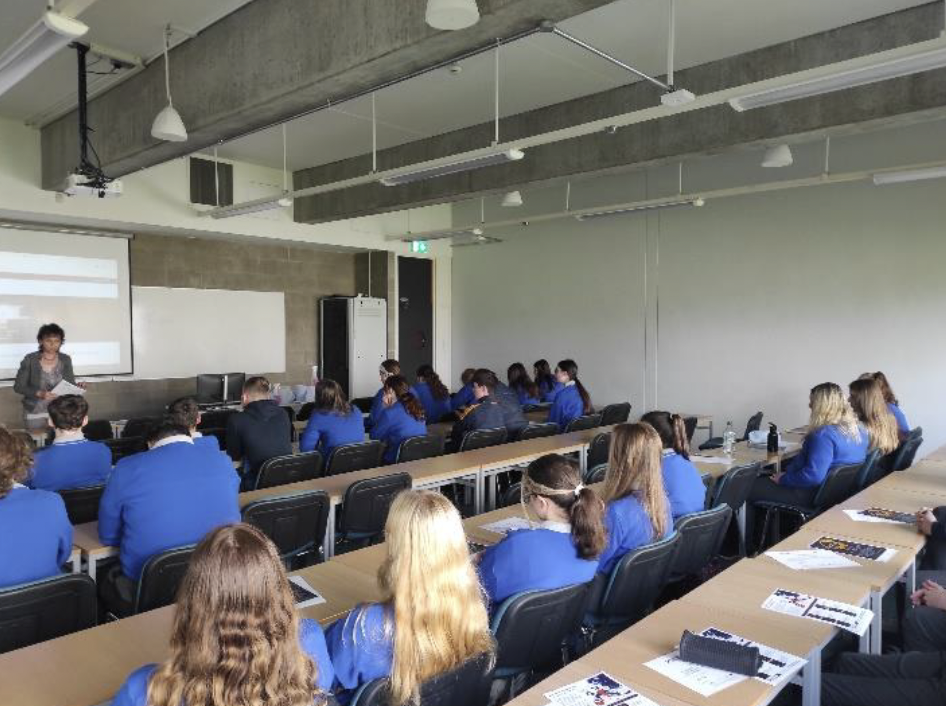


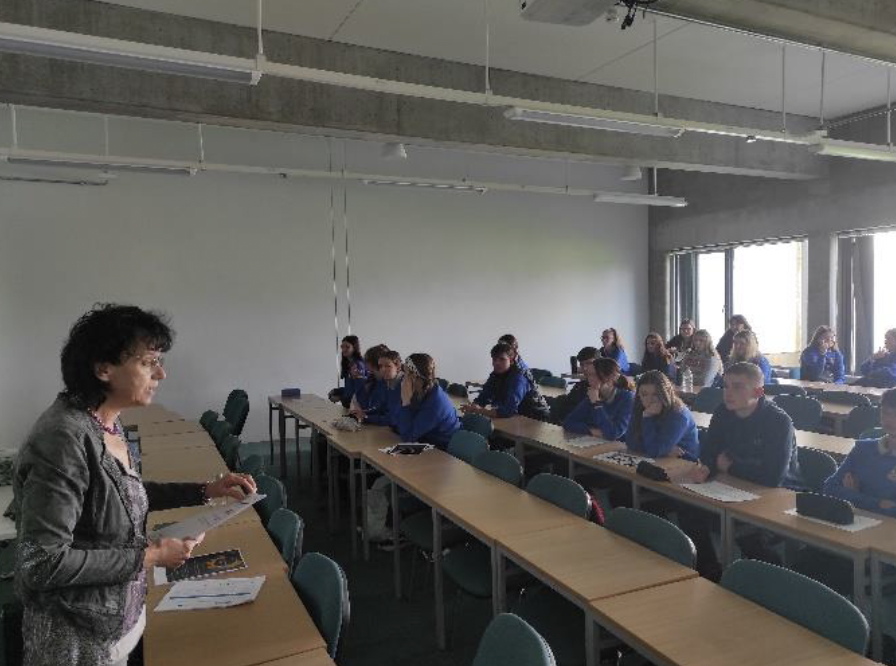
FINAL EVENT IN TURIN
On Tuesday September 15th at Centro Studi Sereno Regis in Turin, the closing event of the HFE2.0 project took place. The goal of this project is to develop an innovative language and culture learning system through the use of artificial intelligence.
After the institutional greetings by Roberto Santoro, chairman of EnAIP Piemonte, the MTU and LudusXR representatives, Irish and Danish partners, showed the VCC platform and the VR.
The purpose of the VCC platform is to teach the language and everyday communication techniques within a specific culture by using an interactive book, divided into different lessons for each of the available languages, with a different background story and sets of narrative elements. For each language there are five available units in progressive and propaedeutic sequence, composed of speaking, listening and combined exercises including cultural inputs about history, geography, and habits of the country of the chosen language.
Thanks to the automatic corrections at the end of the units, it is possible to find out the weaknesses of the student and to plan the improvement on specific contents.
In VR, students are guided by historical characters, so they can learn a foreign language experiencing real life situations. Kristin Brogan, of MTU, pointed out that including the gaming in the learning process is highly motivating for students, who, have fun and therefore enjoy learning. This opinion has been also shared by the teachers, who have already tested the HFE2.0 platform. They underlined how students who are already played games will learn more easily because they will be able to feel more comfortable while learning and will be more engaged.
Antonietta Centolanze has talked about the experience and the learning approach in CPIA: there is no longer a clear difference between language 1 and language 2, but rather a combination of languages and a plurilingualism where the knowledge of languages contributes to the promotion of social cohesion and sense of inclusion. Anna Nervo, a teacher supporting the digital learning process in CPIA, emphasized the importance of including new technologies in teaching new languages. She underlined at the same time how new tools should be easy to use and tailored to different targets, especially considering that most users of CPIA have low digital skills.
Alessia Messutti, from ITCILO, recalled that training programmes will be effective only if able to meet the needs of final users: today the focus has moved from a Content Center to a User Center approach. Learning is an experience, and only if experienced in the right way will it lead to real knowledge. Therefore it is necessary to re-design teaching methods by getting inspired through new technologies and pedagogy.
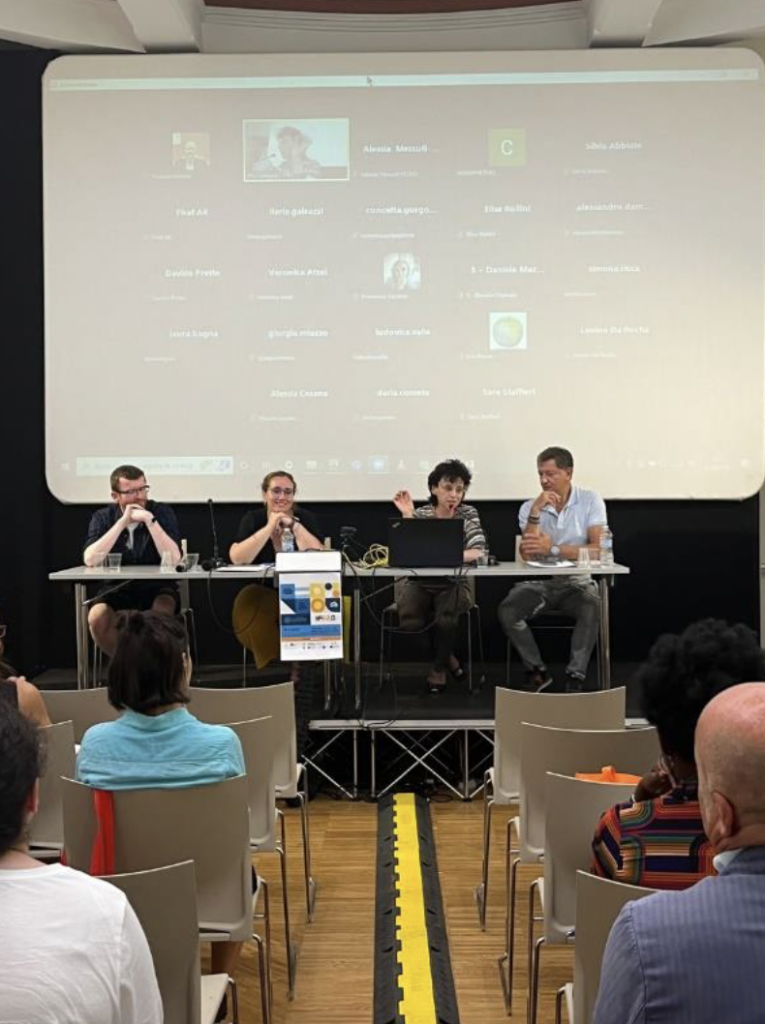
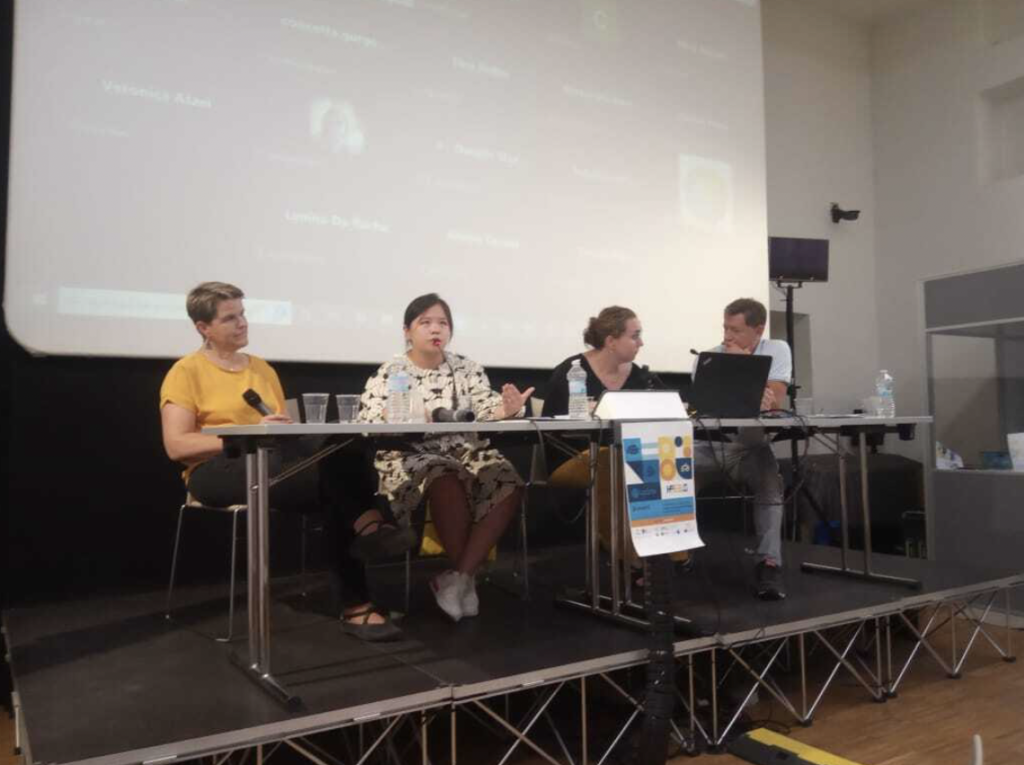

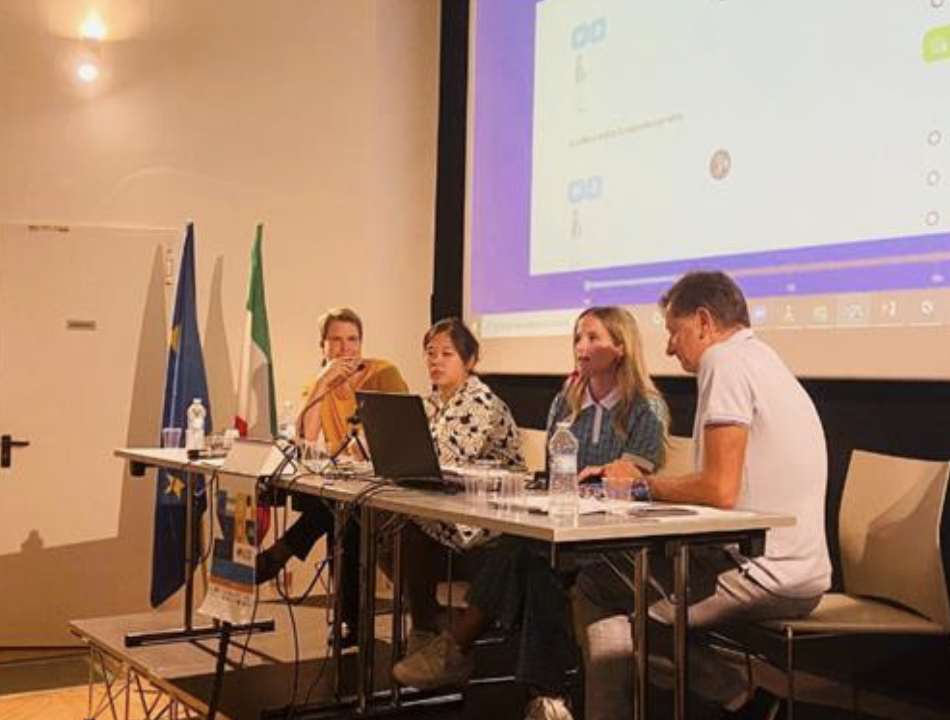
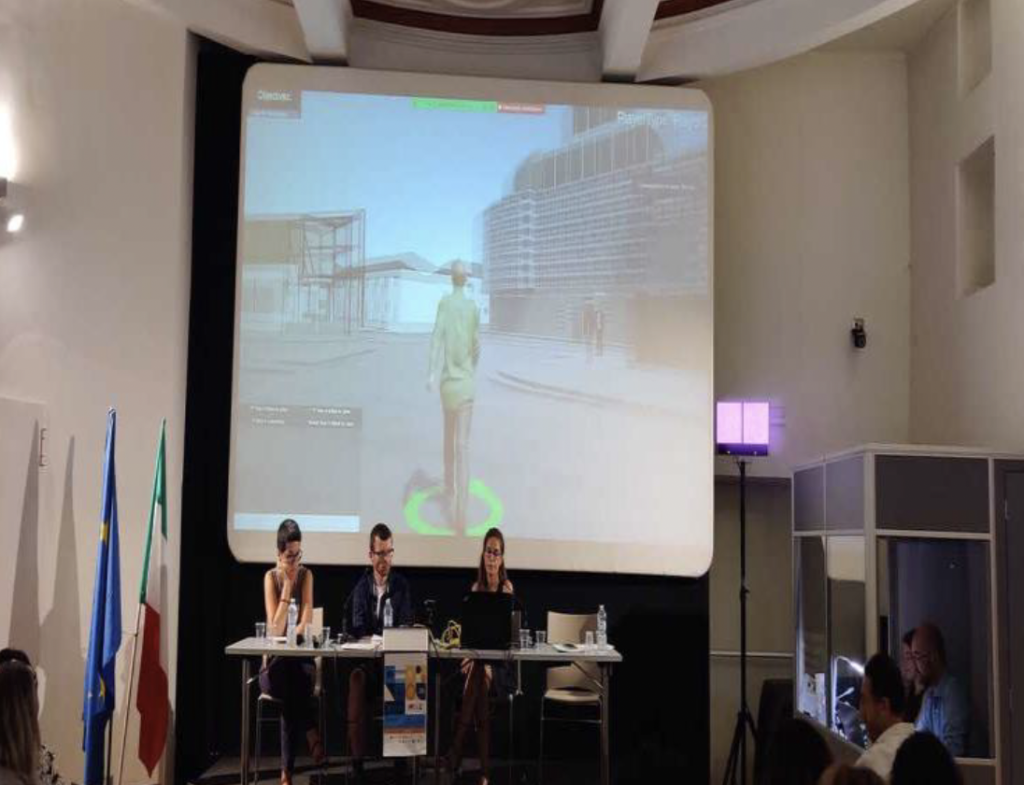
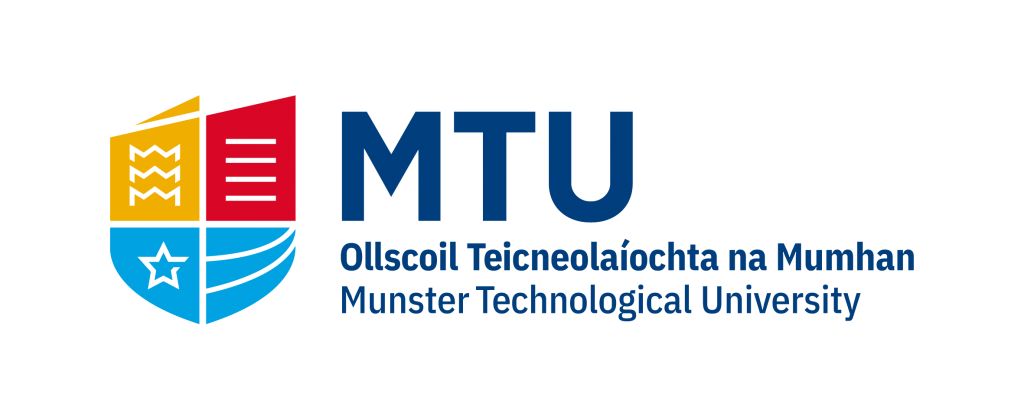


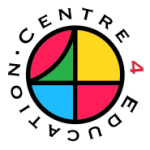



The European Commission’s support for the production of this publication does not constitute and endorsement of the content, which reflect the views only of the authors, and the Commission cannot be held responsible for any use which may be made of the information contained therein.
2020-1-IE01-KA201-065973
